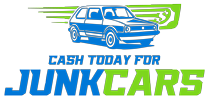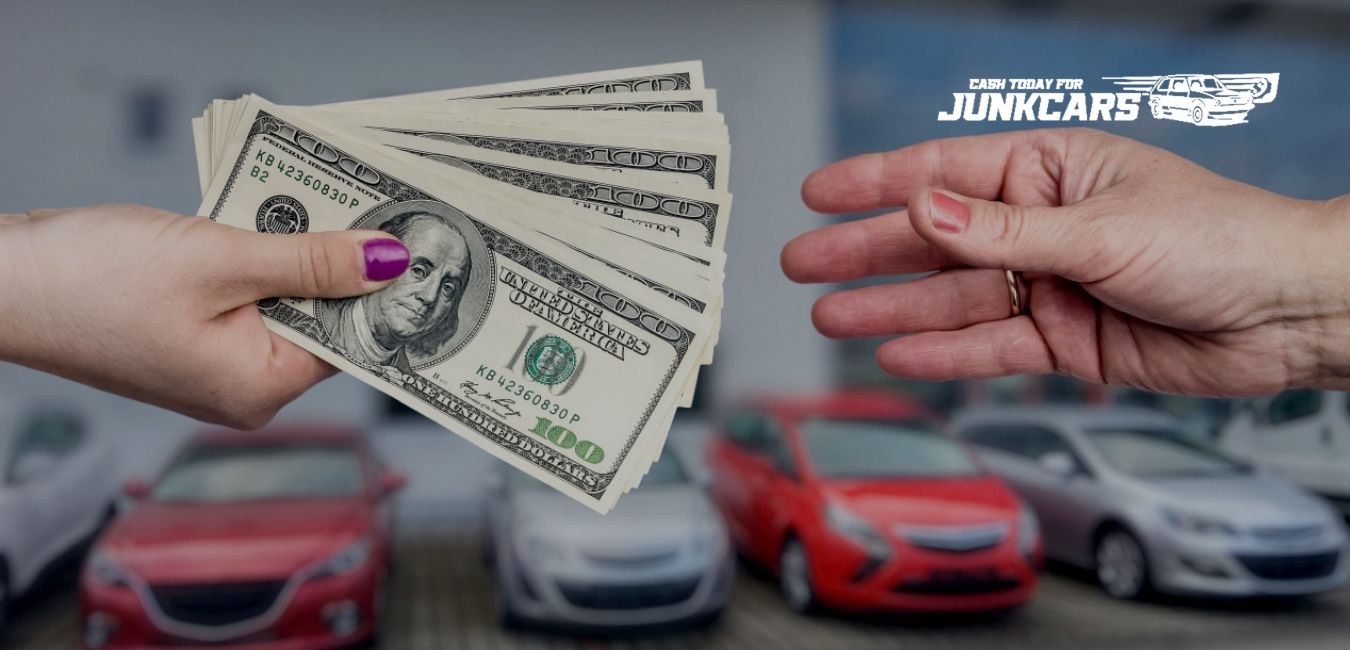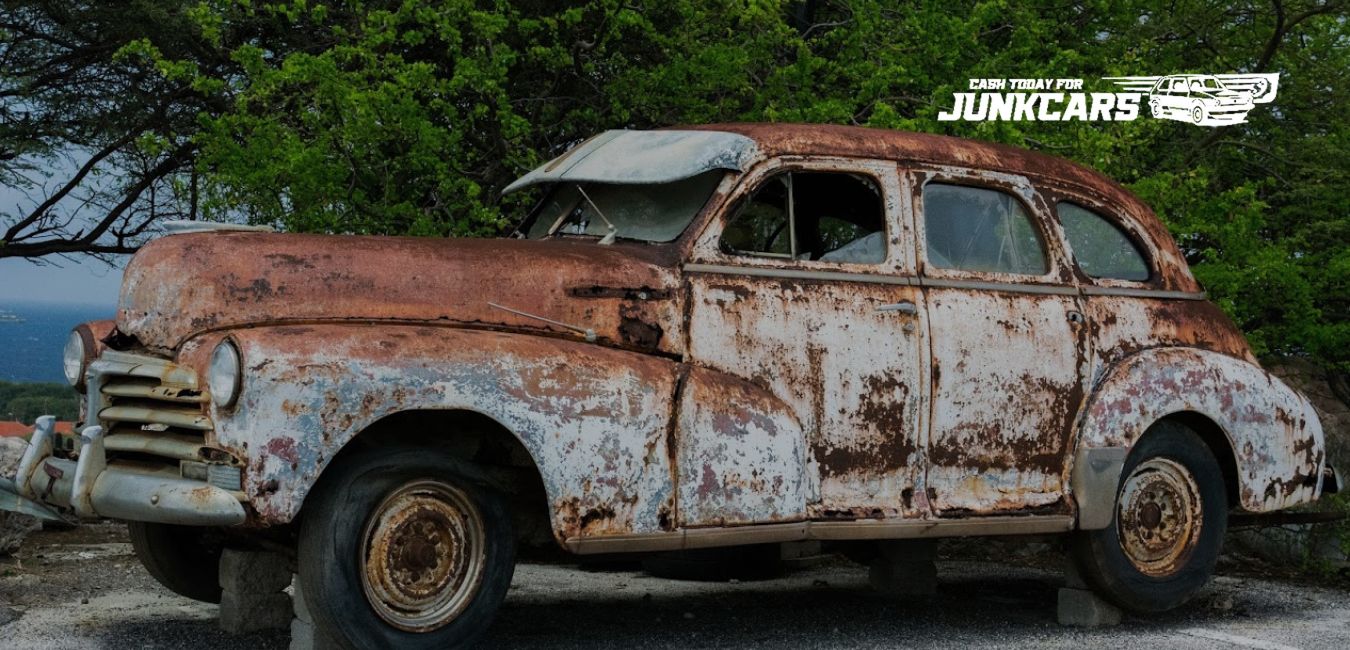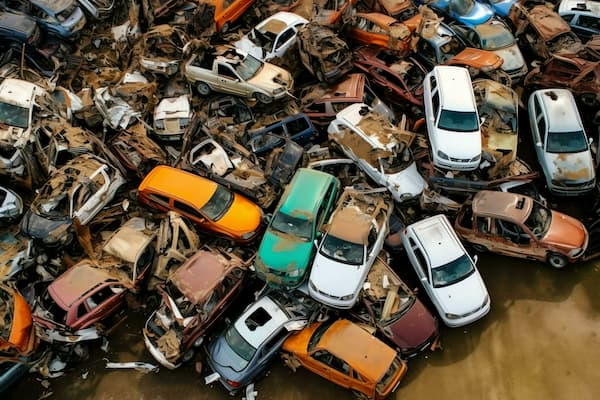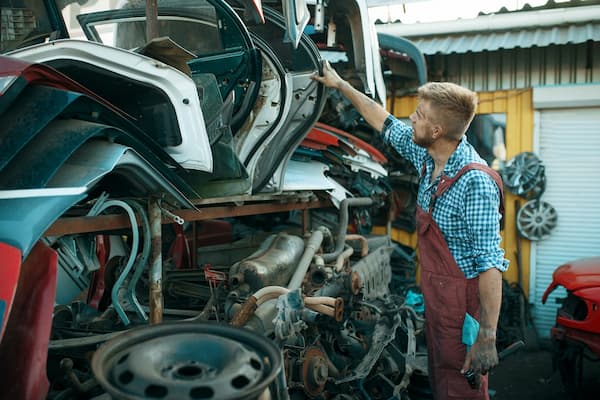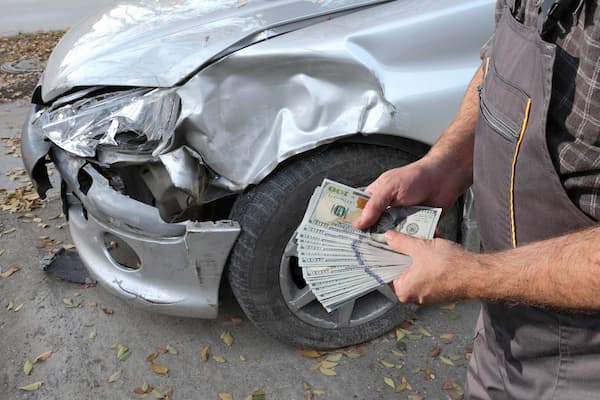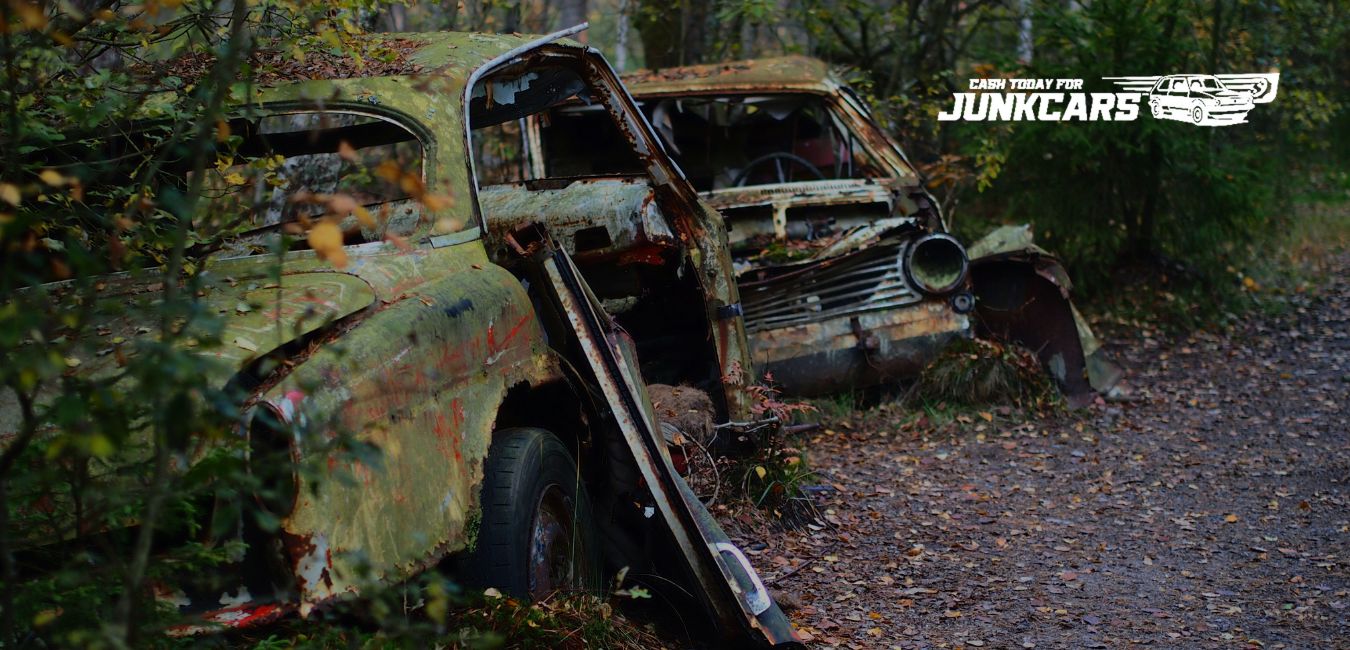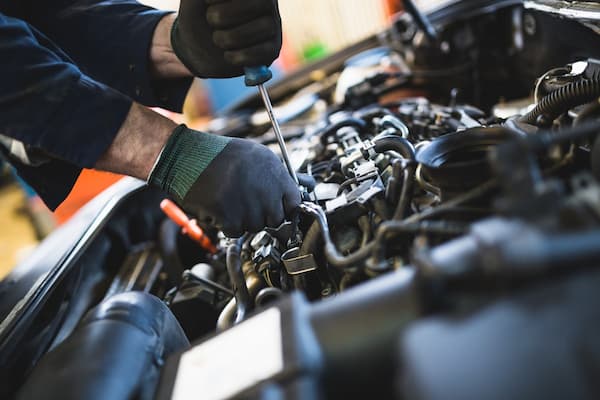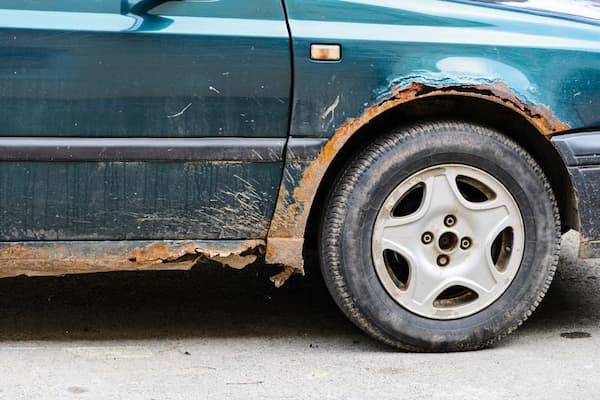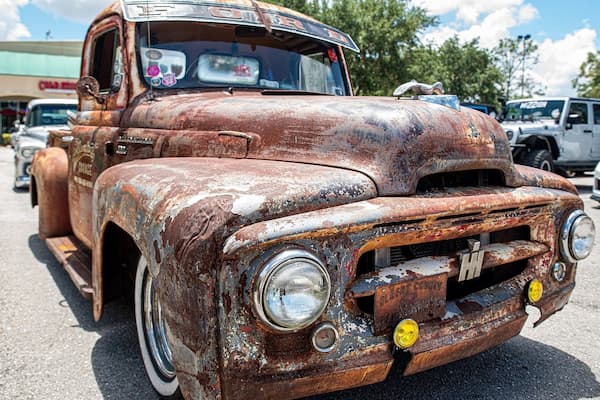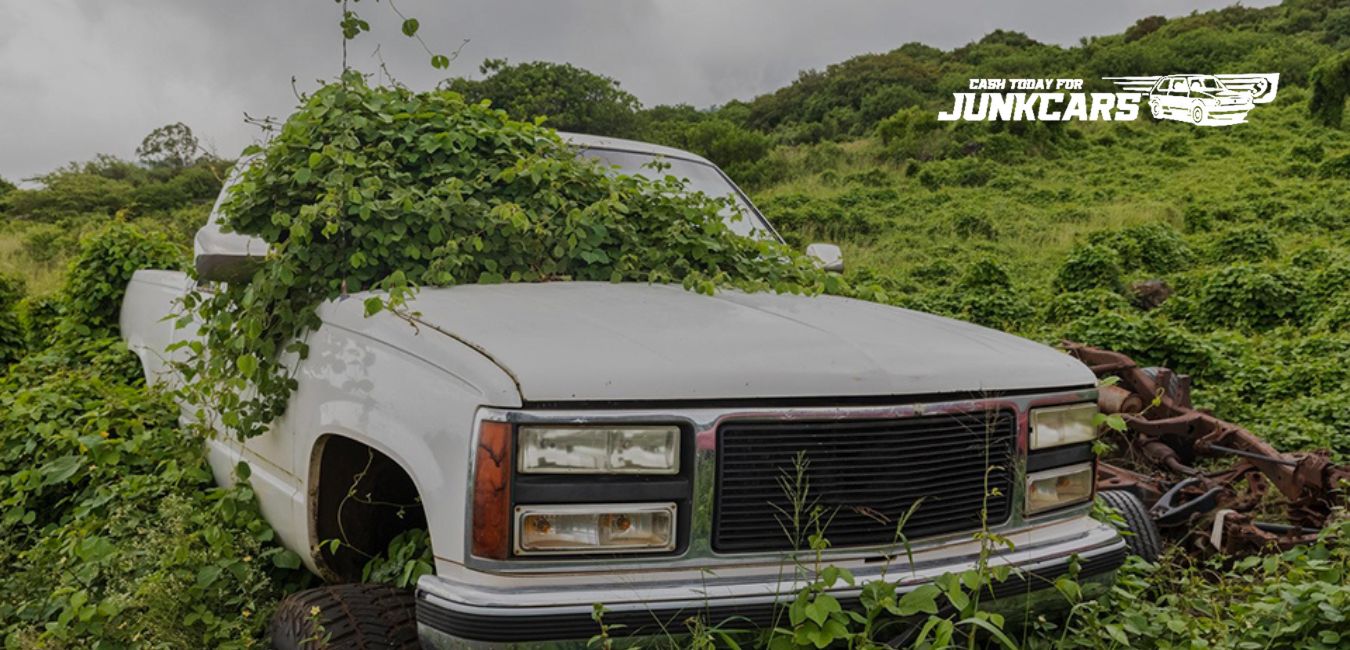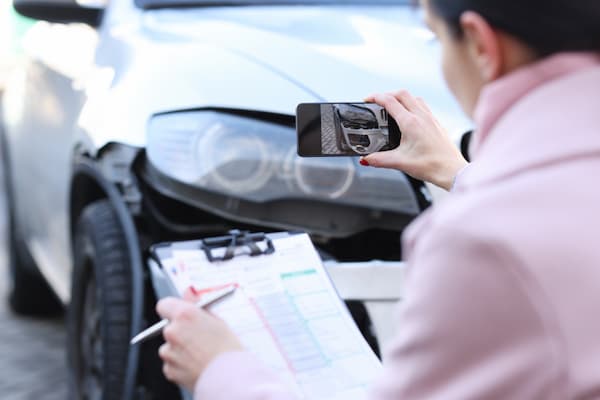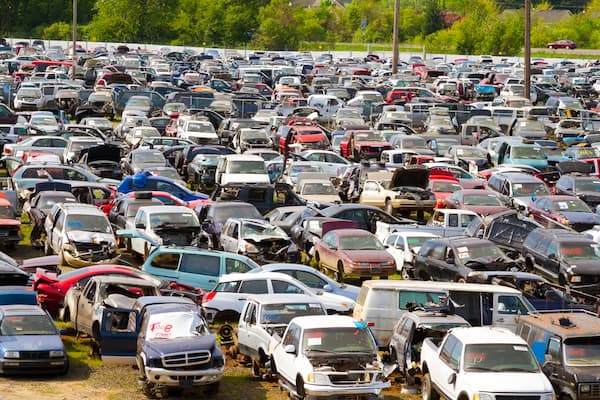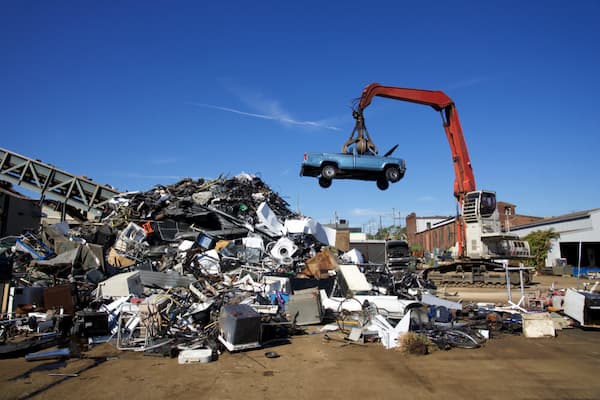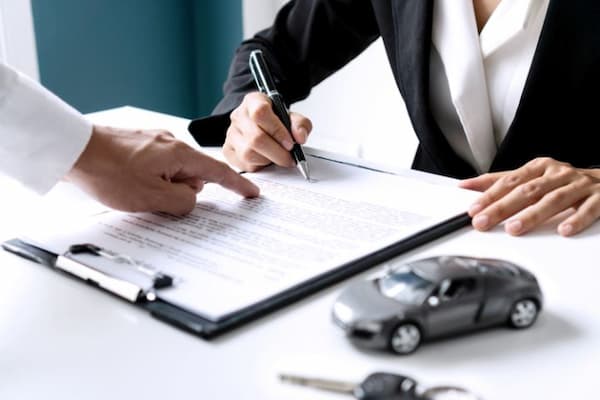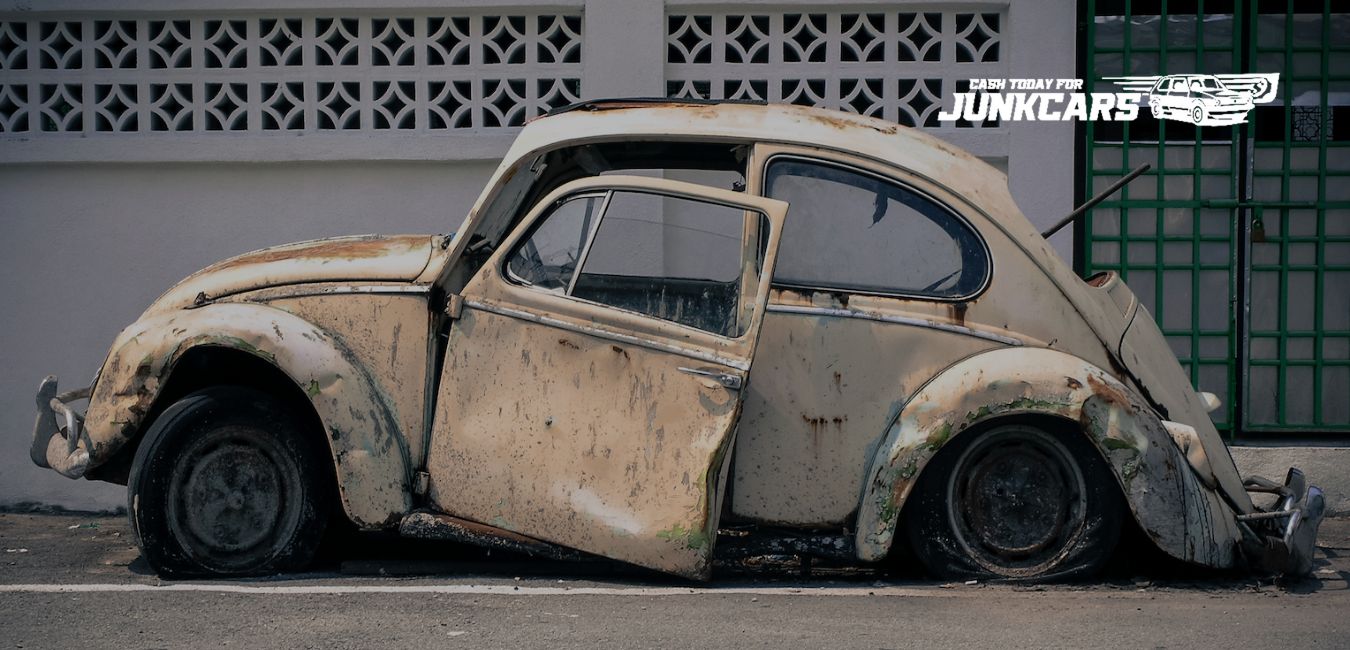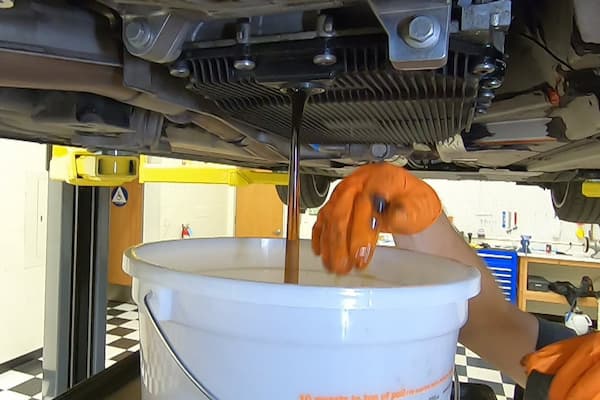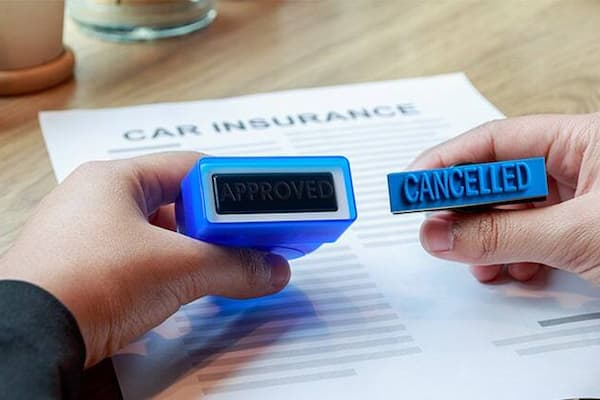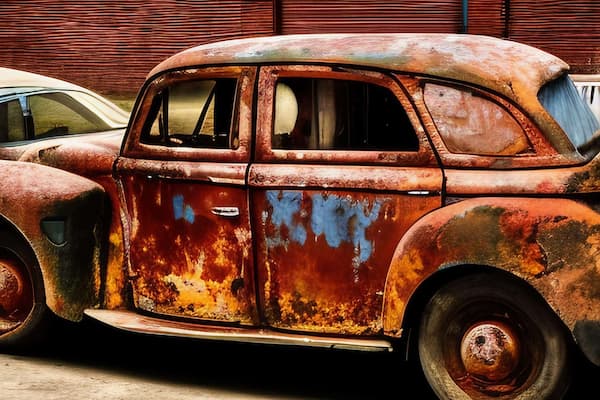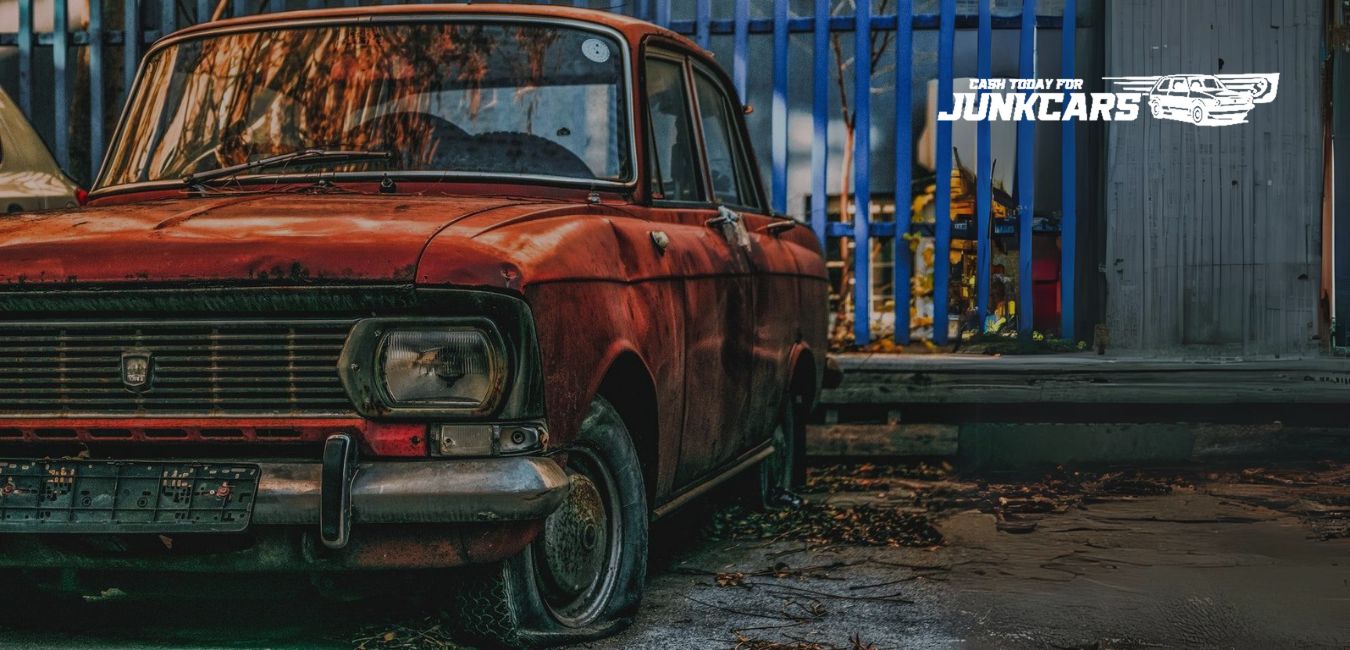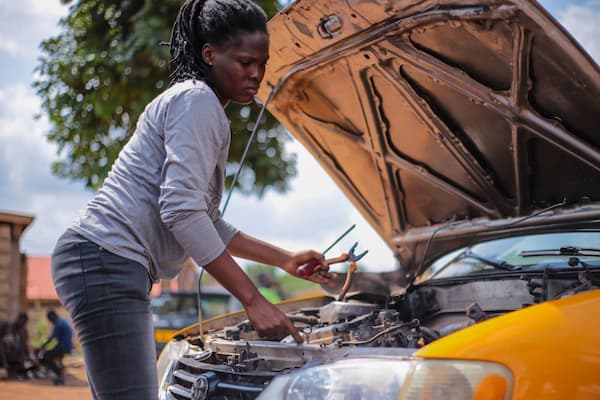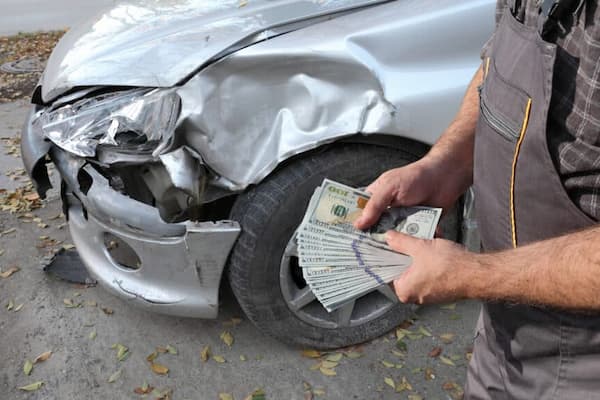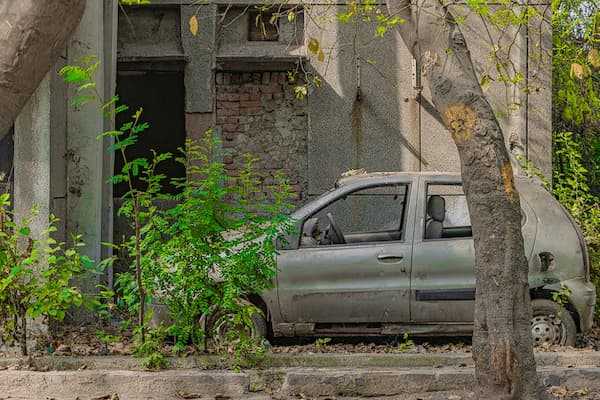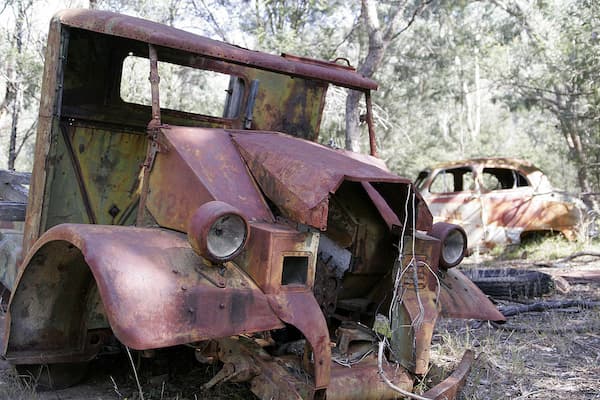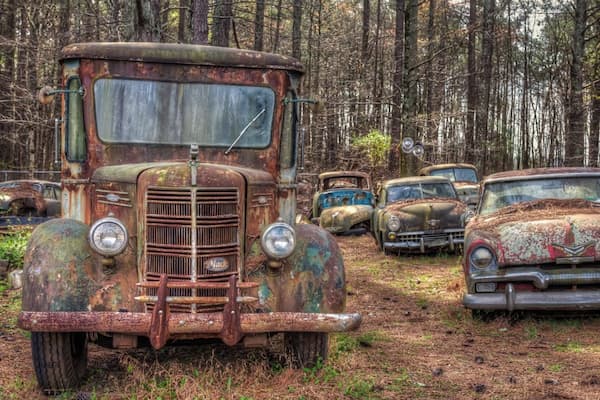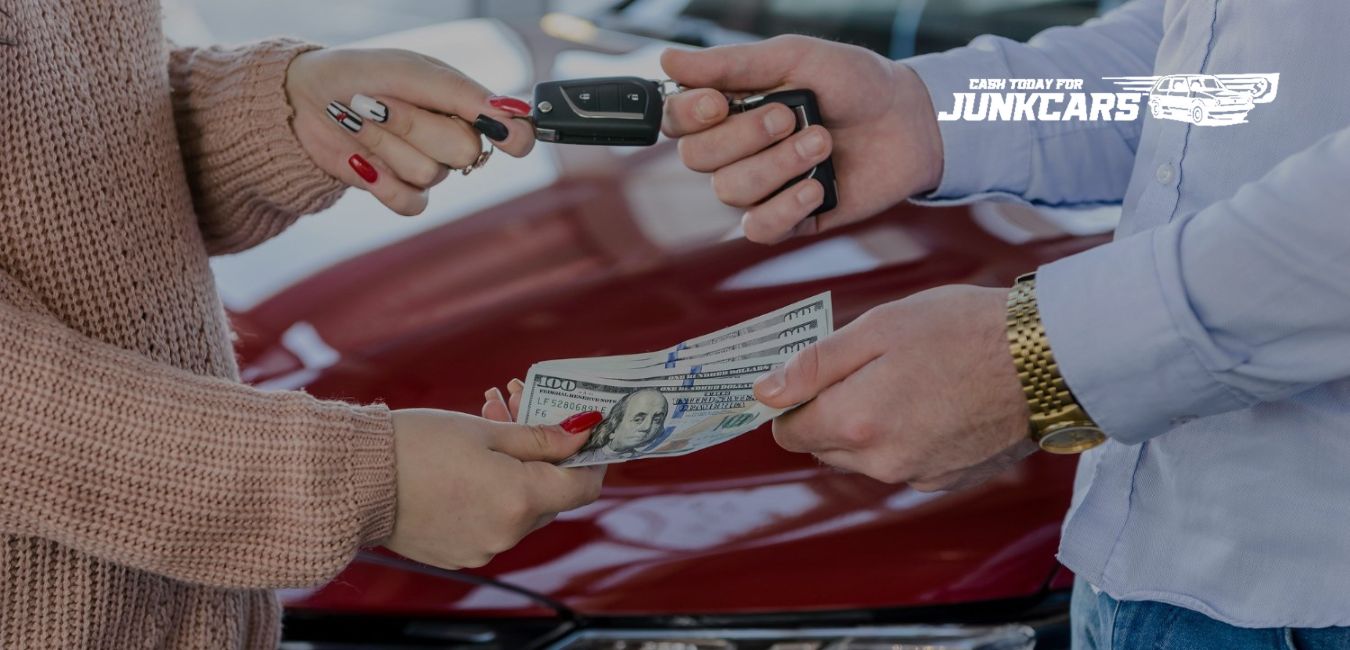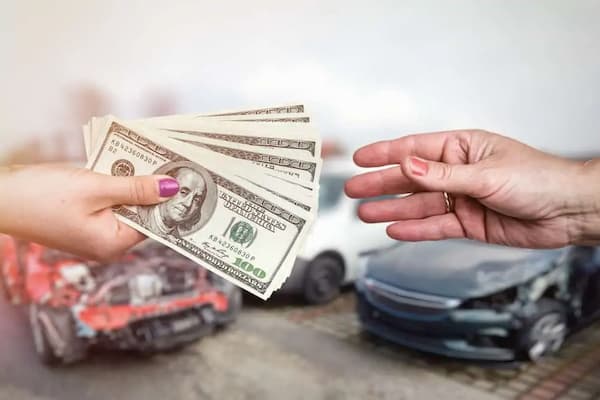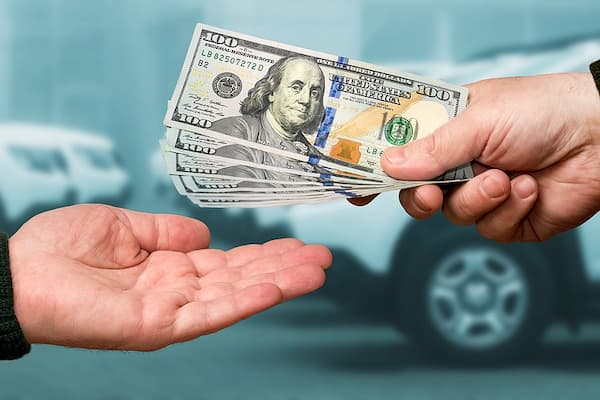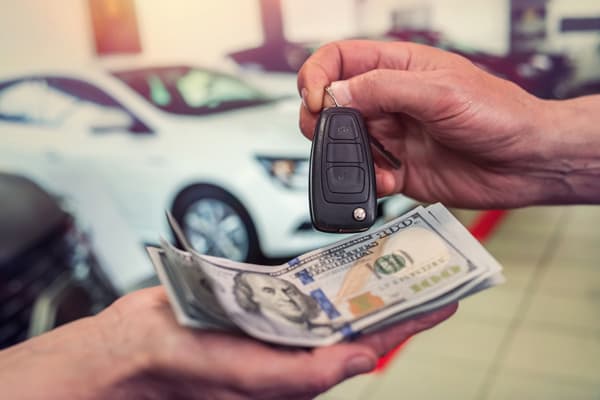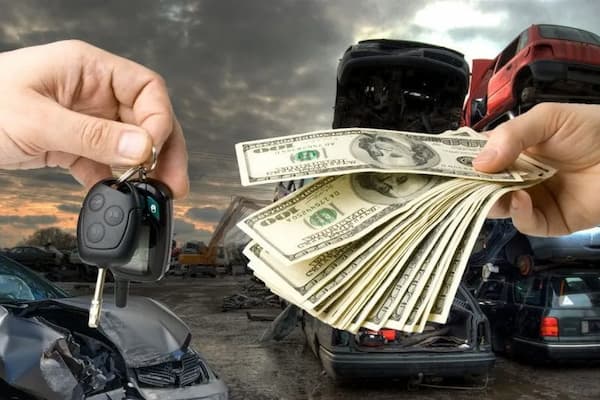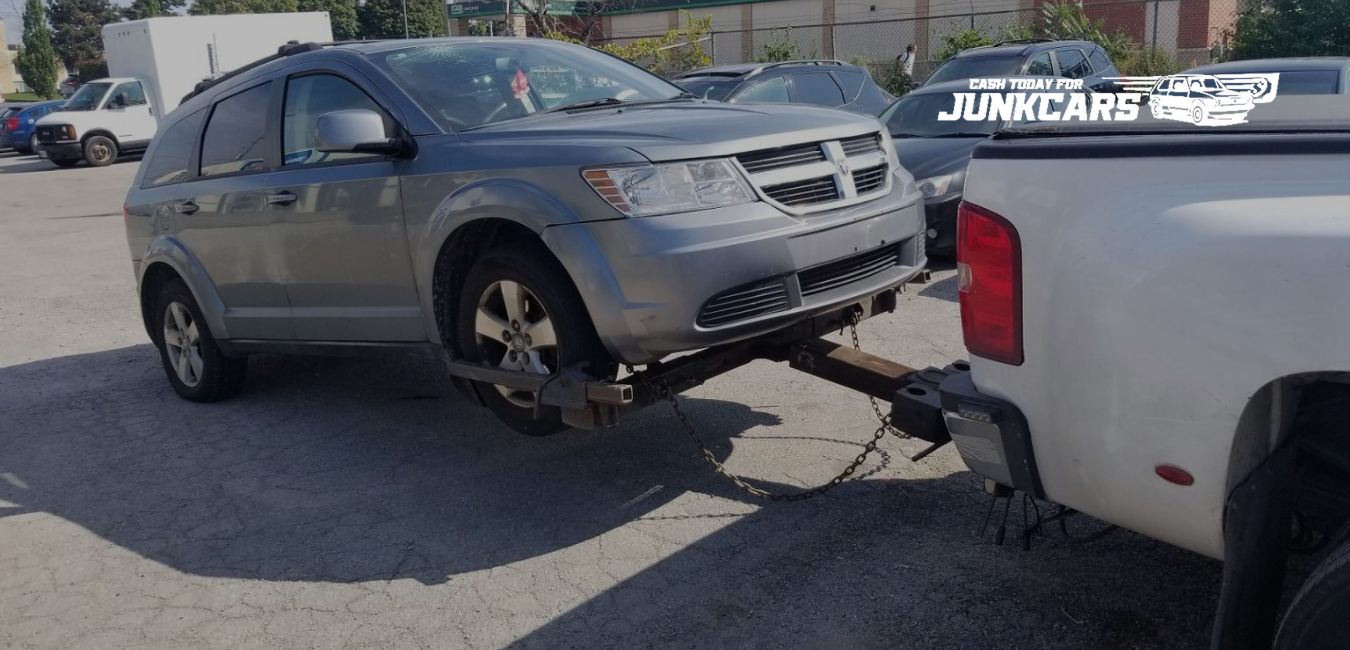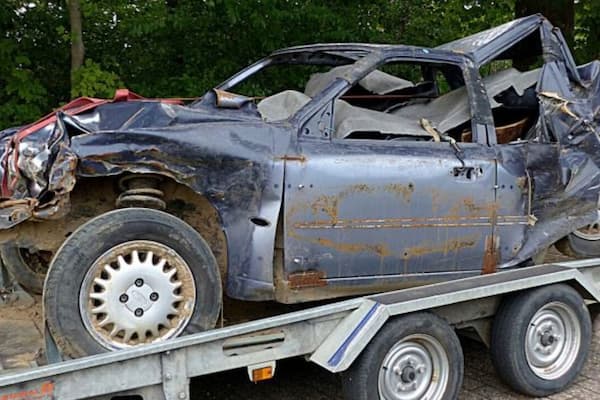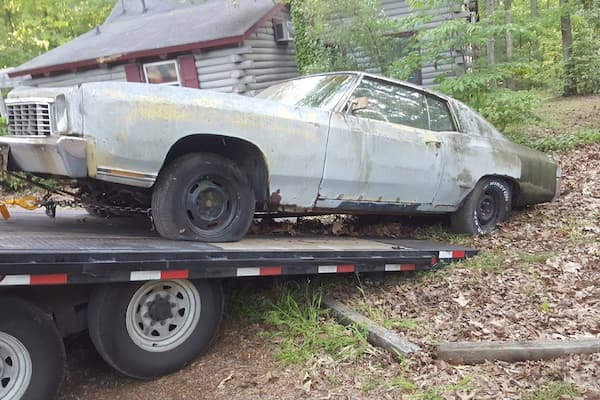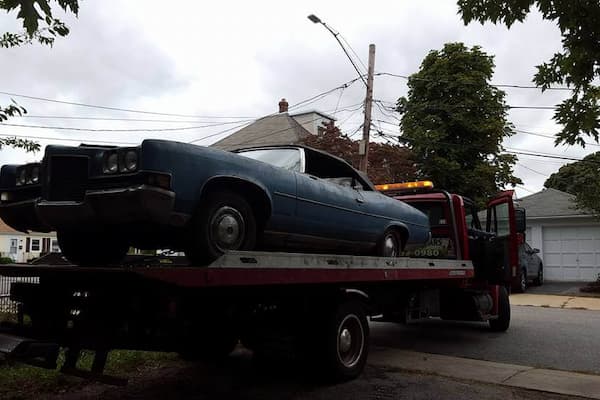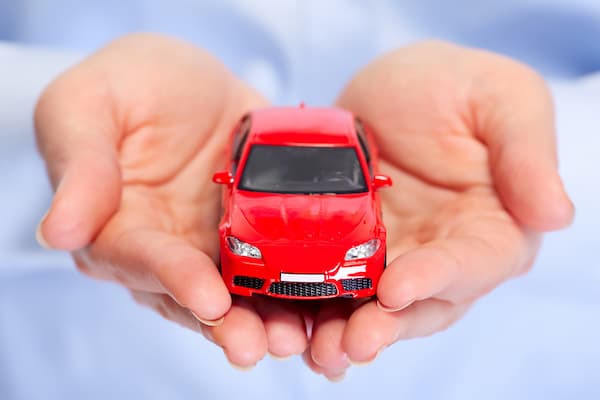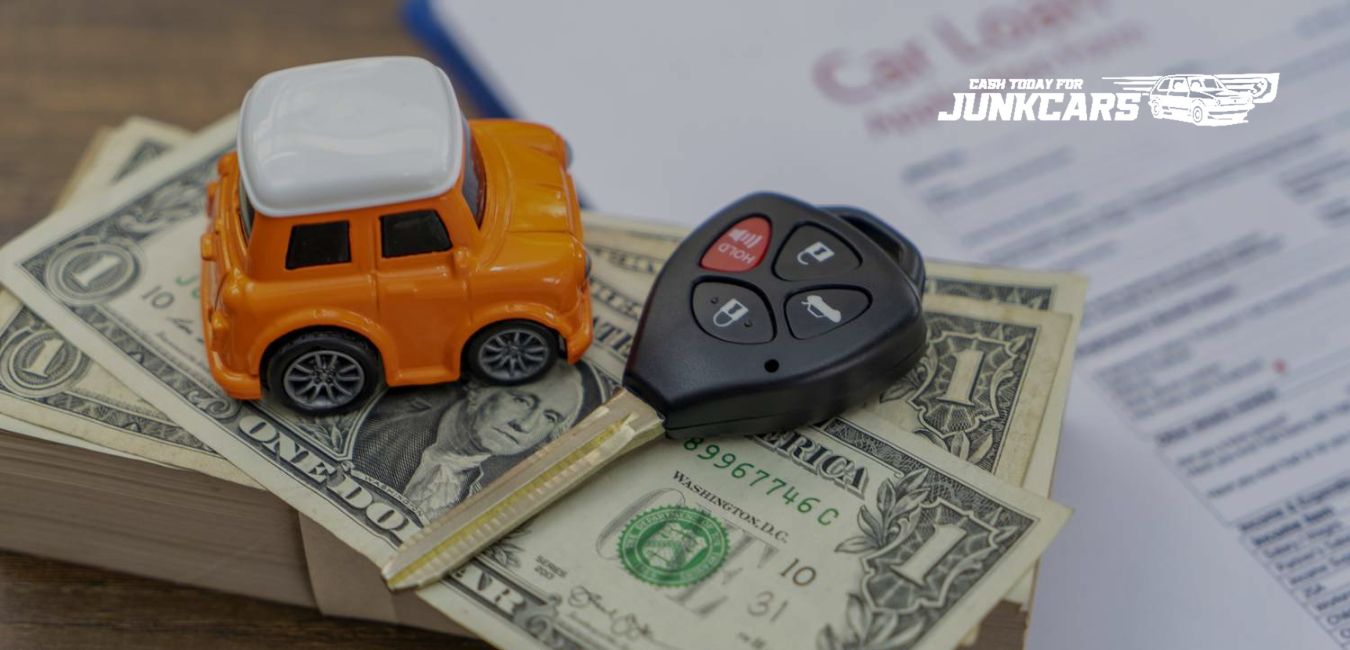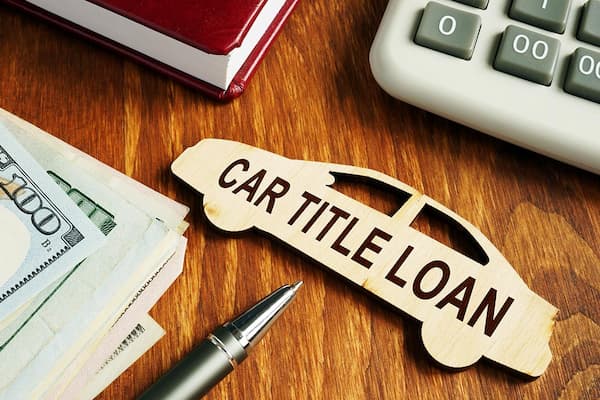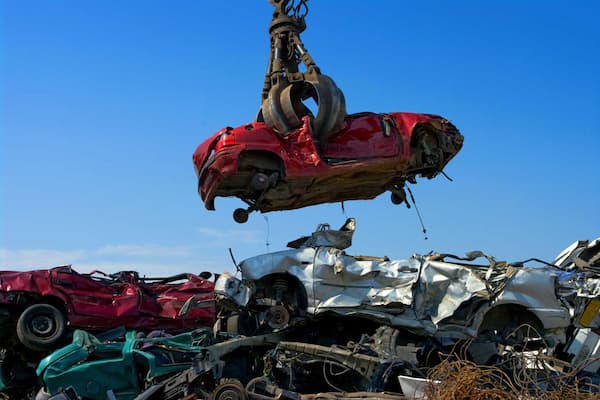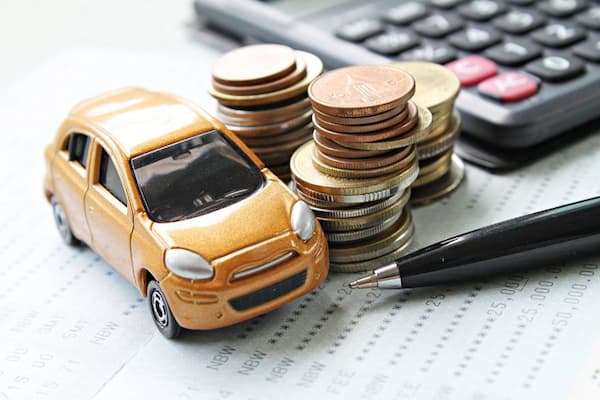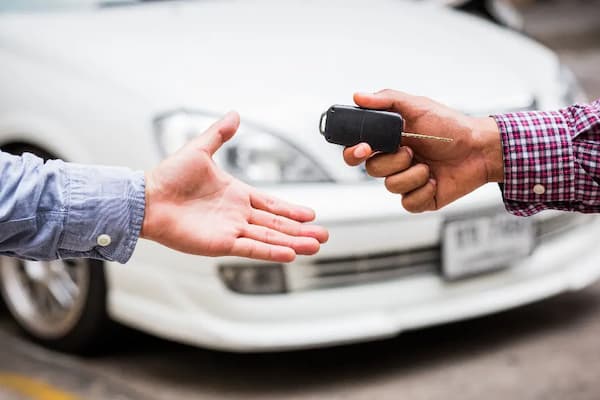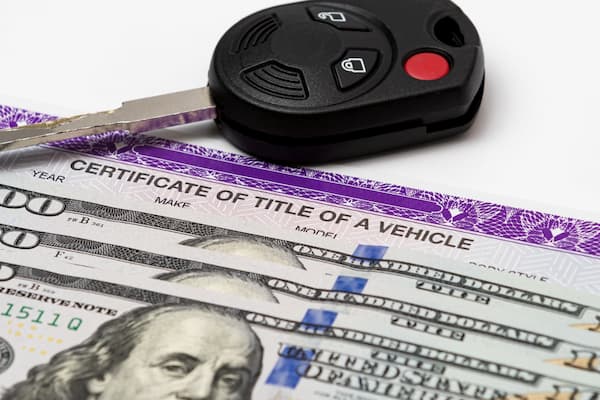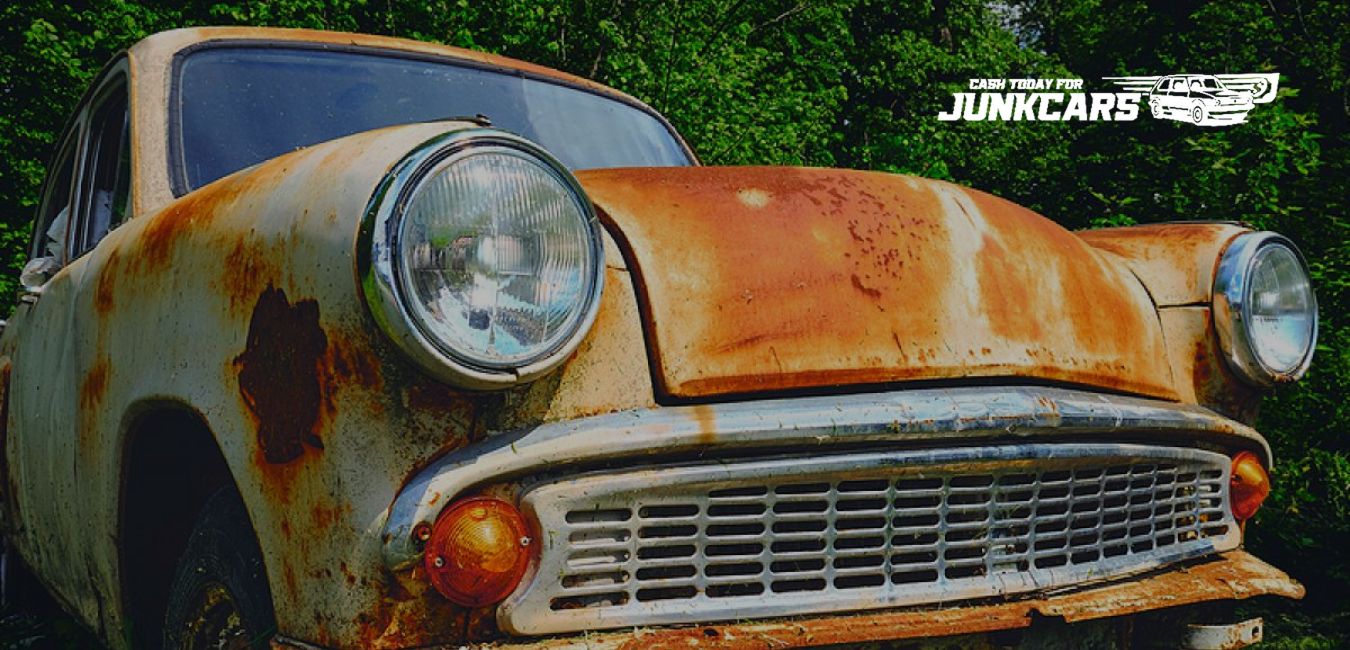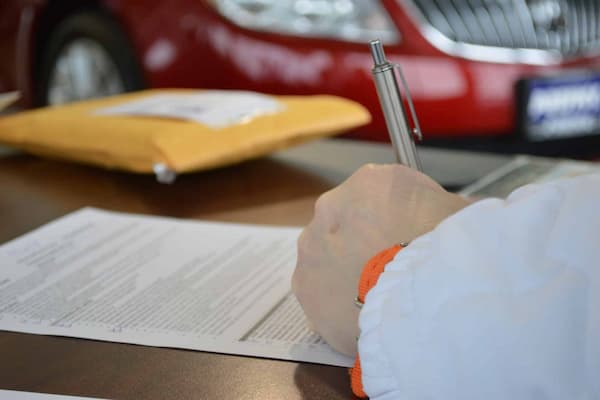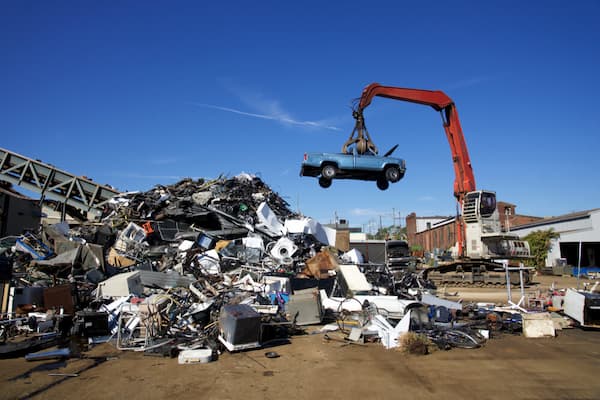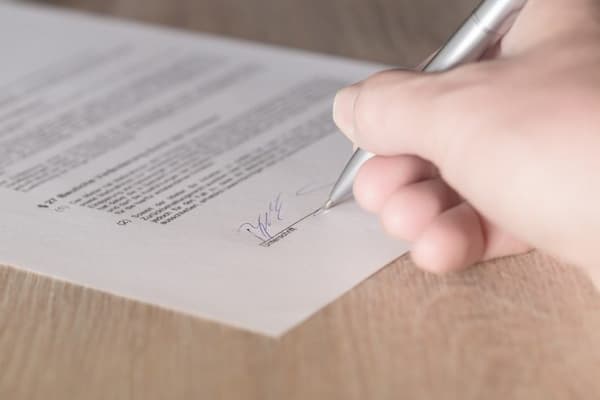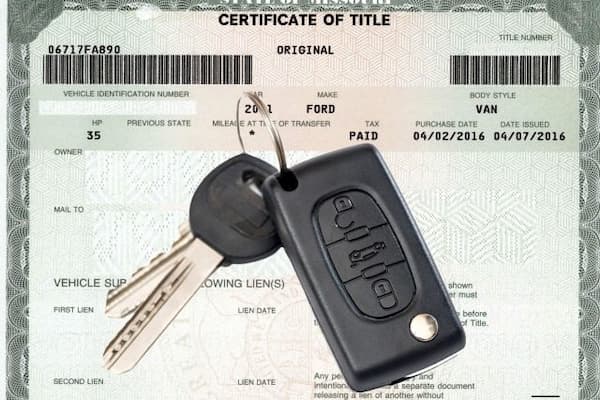What happens to old cars that don’t run anymore? There’s a cool way these cars can still help you out! It’s called “cash for junk cars.” But how does cash for junk cars work?
Cash for junk cars simplifies getting rid of old vehicles. Initiate by contacting a reliable buyer, sharing your car’s specifics, and accepting their cash offer. Schedule a free tow. The process concludes with paperwork and title transfer, ensuring a seamless transaction and instant payment.
However, let’s discuss in detail how this amazing process works and how you can turn your old car into cash.
Key Takeaway
- Get Money for Old Cars: Sell your unused, old car and receive cash quickly, freeing up space and earning you money.
- Easy Process: Simply contact a junk car service, get an offer, and arrange for free vehicle pickup at your convenience.
- Eco-Friendly Recycling: Your car’s parts are reused or recycled, helping the environment by reducing waste and conserving resources.
Initial Inquiry
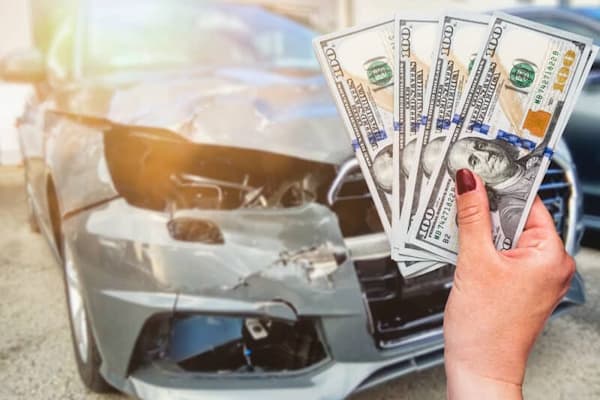
Selling a junk car for cash can be surprisingly straightforward and convenient. Here’s a detailed breakdown of the key steps involved:
Contacting The Buyer
Initiating contact with the buyer is crucial. This could be through a phone call, email, or an online form on their website. This step is about reaching out to companies.
They specialize in buying old vehicles for cash. Find a reputable company that offers this service. Then, approach them to express interest in selling your old vehicle.
Providing Car Details
During this phase, transparency is key. The buyer will need detailed information about your vehicle, including the make, model, year, condition, and other relevant details.
Accurate information helps the buyer assess the car’s value. This detail includes whether the car is running, its condition, and any major issues. The more accurate the details, the more accurate the buyer’s offer will be.
Receiving An Instant Quote
After evaluating the information about the vehicle, the buyer will give an instant quote. This quote represents the money the buyer is willing to pay for the junk car.
It’s based on the car’s condition, market demand for parts, and current metal prices, among other factors. This quote is usually provided quickly. It lets the seller decide whether to proceed with the sale.
Accepting The Offer
After receiving a quote from a cash-for-junk car buyer, it’s crucial to carefully consider your options before proceeding. Here’s a breakdown of the steps involved in accepting the offer:
Evaluating The Quote
Upon receiving the quote for your junk car, assess its fairness and suitability. Compare it to the car’s condition. Also, use your research or quotes from other buyers, if available.
This evaluation is key. It ensures a fair deal based on the car’s make, model, condition, and current market rates. Consider whether the offer meets your expectations and needs. Consider the value of clearing the space the car takes up.
Agreeing To Term
When the quote fits your expectations, the next step is agreeing to the buyer’s terms. This includes confirming the offer’s details. You must understand any legal requirements and acknowledge any sale conditions.
Ensure clarity on the payment method, timing, and extra services, like towing. You must also read any documents or contracts that have been provided before agreeing to avoid later misunderstandings.
Scheduling Pickup
Once you agree on the terms, the next logistical step is to arrange the collection of your junk car. Typically, the buyer will offer to remove the vehicle free of charge.
Coordinate a good time and place for pickup. Ensure you can hand over the keys and any needed documents, like the car’s title.
This stage completes the physical handover of the car. It sets the stage for your vehicle’s final journey and moves it from your possession to the buyer’s.
Towing And Inspection
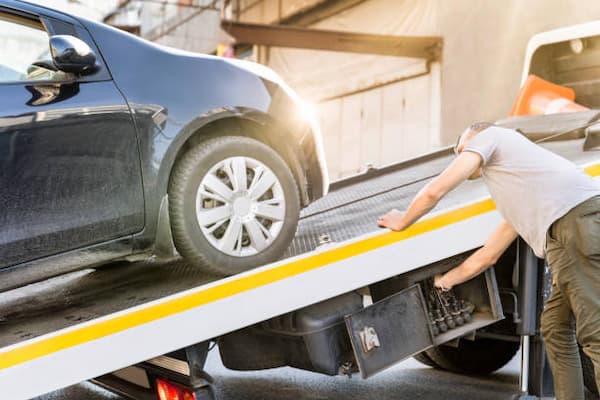
After accepting an offer, the next steps are towing and inspection. This stage ensures everything goes smoothly, from picking up your old car to confirming the sale.
Free Towing Service
One advantage of cash for junk cars services is that they often include free towing. This means they will come to your specified location to collect the car at no extra charge.
However, before finalizing the deal, you must confirm that this service is included to avoid unexpected costs.
Inspection On Pickup
When the representative arrives to tow your car, they will quickly inspect. This step is crucial as it verifies that the condition of your car matches what you described.
Be there during this inspection. Make sure it is transparent. Address any discrepancies. The inspection typically covers the car’s exterior, interior, and mechanical condition.
Finalizing The Deal Onsite
The transaction can be completed after the inspection matches the provided details. This will involve legally transferring ownership by signing the car’s title to the new owner.
Ensure you read and understand all paperwork before signing. Then, you’ll receive your payment according to the agreed-upon method. Ensure you get a receipt or a bill of sale to document the transaction.
Ownership Transfer
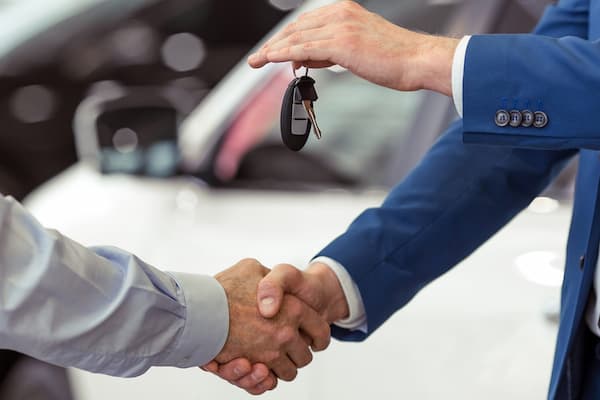
The final stage is the ownership transfer. This crucial phase legally shifts the car from your possession to the buyer’s. It’s all about ensuring the legalities are handled correctly so there are no loose ends.
Completing Necessary Paperwork
The first step in transferring ownership is to complete all the necessary paperwork. This includes filling out a bill of sale. The bill records the details of the transaction.
It includes the sale date, final price, and both parties’ signatures. Make sure all the information is accurate and complete. The state may need more documents to report the transfer of a vehicle, so it’s vital to check local rules.
Handing Over The Title
The most important piece of paperwork in this process is the car title. The title is the legal document that proves ownership of the vehicle. To transfer ownership, you must sign the title over to the buyer.
This shows that you are giving up your claims to the car. The buyer’s details will also be filled out. Make sure to complete all fields. Only accurate or complete information can lead to legal complications or delays.
Receiving Payment
Once the paperwork is in order and the title has been signed over, it’s time for the last step: getting your payment. This should align with the terms agreed upon when the offer was accepted.
Ensure the payment method, whether cash, check, or another form, is secure and documented. It’s advisable to wait to hand over the title until the payment is confirmed.
Once payment is received, the transaction is done. This marks the end of your car’s journey with you. It’s the start of a new chapter with the buyer.
FAQs
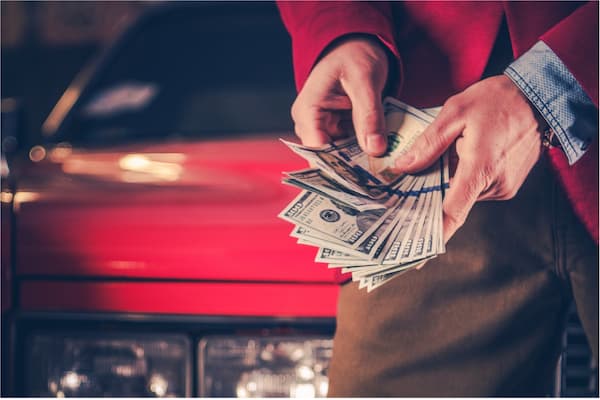
1. Do Cash-For-Junk-Car Services Offer Free Towing?
Yes, most cash-for-junk-car services offer free towing. This convenient service ensures you don’t incur additional costs when disposing of your old vehicle. These companies include towing within the purchase offer, making the process hassle-free for car owners looking to sell junk cars.
2. Who Pays Most For Junk Cars?
The highest payouts for junk cars usually come from reputable local salvage yards and specialized car-buying services. Factors affecting price include vehicle make, model, condition, and current metal prices. Always compare offers and check reviews to get the best deal for your junk car.
How Does Cash For Junk Cars Work: Conclusion
Selling a junk car for cash can be a convenient and hassle-free solution. Contact reputable buyers, give them accurate car details, and compare quotes. Doing these things will ensure a fair price.
Carefully evaluate the offer. Consider negotiation. Schedule a free pickup for a smooth transaction. Remember, picking a trustworthy buyer and researching will ensure a good experience. You will turn your unwanted car into cash.

